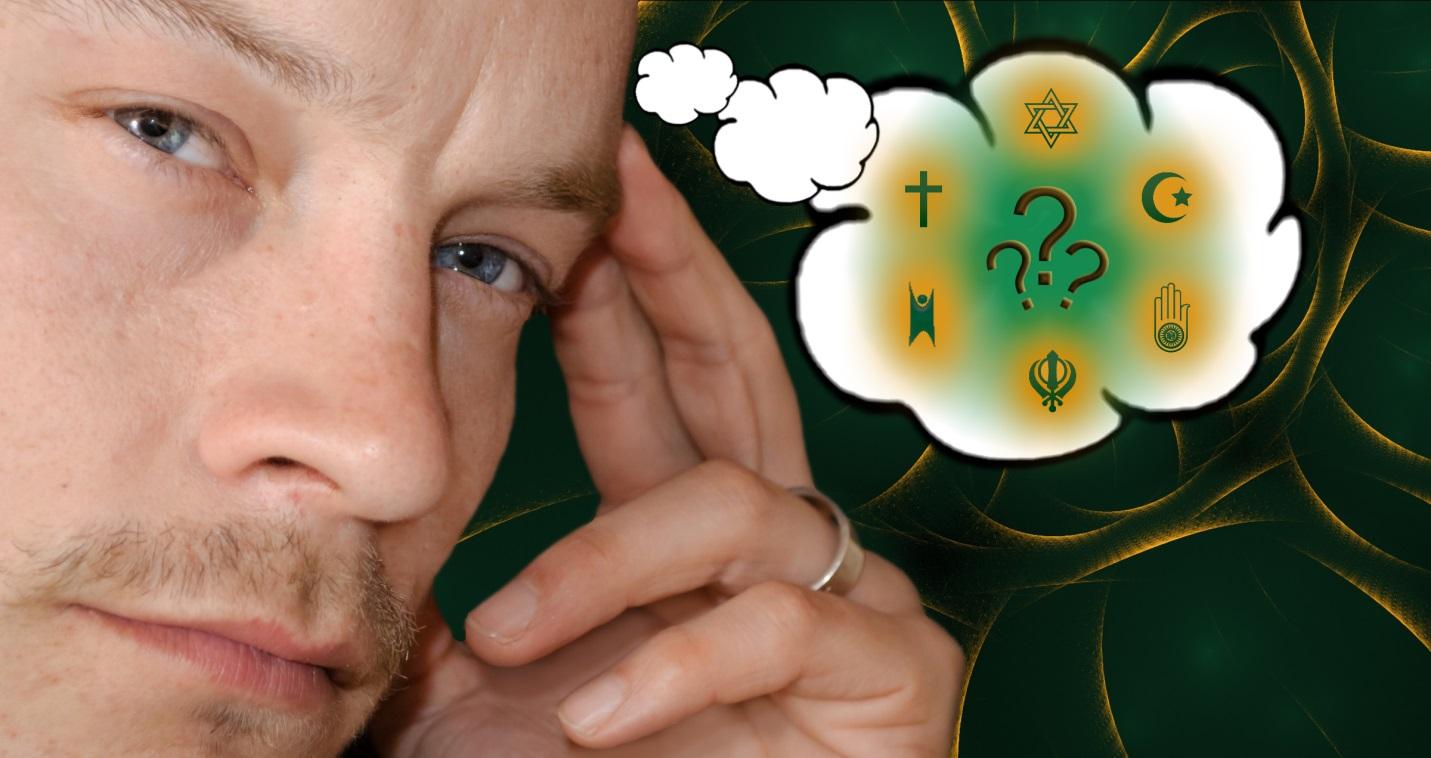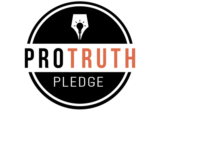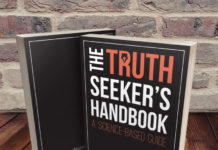
Imagine the following scenario: you have been raised in a deeply evangelical household. From an early age, your parents taught you to pray daily and told you that the purpose and meaning of life were found in God. Attending Sunday school reinforced this message. So did the television that your family watched, the books that they gave you to read, and the music to which they encouraged you to listen. You grew up in this environment throughout your early teenage years, attending a religious elementary and junior high school. Then, you went off to a local high school, because your parents could not afford a religious high school. There, you met an environment that challenged your beliefs that the purpose and meaning in life were to be found only in God. You started to question and doubt, maybe even attended meetings of the local affiliate of the Secular Student Alliance to find out what it was all about. You wanted to explore more broadly, but were afraid of losing your sense of purpose and meaning in life.
This is the story of many students that I have taught in my role as a professor, as well as for those who have come to Intentional Insights presentations on “Finding Meaning and Purpose in Life.” They were deeply confused about meaning and purpose in life, questioning what it was all about. They are wise to do so, as research shows that having a clear answer to the question of life meaning and purpose can greatly improve our mental wellbeing. This questioning correlates with the growing number of “nones,” people without any religious affiliation in American society, especially among younger adults. Many nones, and young people in general, are seeking for answers that don’t necessarily include a God as part of the equation. Recently, several books have explored this possibility, that of having life meaning and purpose or a sense of spirituality without God, as part of the public conversation.
So what does research on this issue show? Apparently, the important thing is simply to gain a sense of life purpose and meaning: the source of the purpose itself is not so important. Religion can be one among many channels to help someone gain a sense of life meaning. The pioneer in this field, Victor Frankl, was a Viennese psychiatrist who lived through the Holocaust concentration camps. In his research and work, both in the camps and afterward in private practice, he found that the crucial thing for individuals surviving and thriving in life is to develop a personal sense of purpose and meaning, what he terms the “will-to-meaning.” His work correlates with the philosophical position of existentialism, the idea that the source of life meaning and purpose lies within ourselves as individuals. There are many paths to do so. For example, Frankl helped people find purpose and meaning in life through helping others to remember their joys, sorrows, sacrifices, and blessings, and thereby bring to mind the meaningfulness of their lives as already lived.
Frankl’s approach to psychotherapy came to be called logotherapy, and forms part of a broader therapeutic practice known as existential psychotherapy. This philosophically- informed therapy stems from the notion that internal tensions and conflicts stem from one’s confrontation with the challenges of the nature of life itself, and relate back to the notions brought up by Sartre and other existentialist philosophers. These challenges, according to Irvin Yalom in his Existential Psychotherapy, include: facing the reality and the responsibility of our freedom; dealing with the inevitability of death; the stress of individual isolation; finally, the difficulty of finding meaning in life (Yalom). These four issues correlate to what existential therapy holds as the four key dimensions of human existence, the physical, social, personal and spiritual realms, based on extensive psychological research and therapy practice (Cooper).
So where does this leave us? Religion is only one among many ways of developing a personal sense of life meaning and greater sense of personal agency. One intentional approach to gaining life meaning and purpose involves occasionally stopping and thinking about our lives and experiences: we can find an individual sense of life purpose and meaning through the lives we already lead. A great way to do so is through journaling – it can help us deal with stress , process sorrows , experience personal growth , learn more effectively , and gain positive emotions through expressing gratitude.
Did you ever try journaling? If not, I encourage you to try it out and let us know what you found. If you did, what kind of benefits did you get? What kind of challenges did you run into? From your experience, how can the process of journaling be optimized?
P.S. For additional resources, check out this workbook with exercises on finding meaning and purpose using science-based strategies; this free science-based web app to evaluate your current sense of meaning and purpose; this free online class on finding meaning and purpose using science; and the wide variety of other resources on meaning and purpose available at Intentional Insights.




